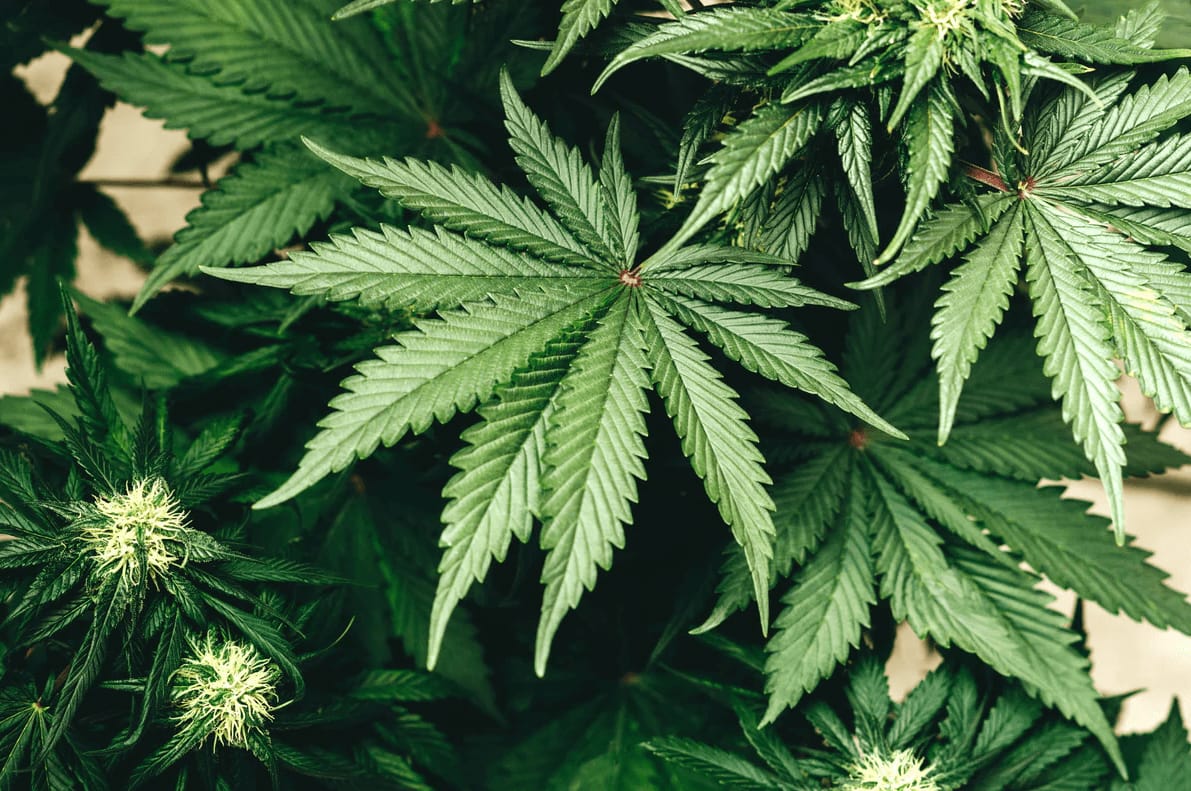- Faith Activist
- Posts
- Marijuana Legalization Reveals the Church’s Discipleship Crisis
Marijuana Legalization Reveals the Church’s Discipleship Crisis
As culture normalizes cannabis, Christians must learn again what it means to be set apart.

Marijuana has moved from taboo to normalized in less than two decades. What was once outlawed in all fifty U.S. states is now legal for recreational use in nearly half the country and permitted for medical purposes in the vast majority. As cannabis enjoys growing social acceptance, the Church finds itself at a critical crossroads one that exposes a deeper spiritual challenge.
This isn't about medical marijuana prescribed under professional care. The focus is recreational use social, casual, culturally acceptable. And it is this normalization that reveals how heavily the Church has leaned on the culture to do the work of discipleship.
Cultural Morality No Longer Mirrors Biblical Truth
For much of American history, cultural norms aligned closely with Christian values. The Church didn’t need to argue that drunkenness, premarital sex, or profanity were wrong; the law already said so. Divorce was frowned upon. Adultery was scandalous. Sabbath-breaking was illegal. Even public decency was regulated in such a way that it reinforced biblical modesty.
This cultural alignment allowed the Church to coast. We didn't have to go deep with our theology or reinforce biblical convictions because society was doing that work for us. But now, as those laws vanish and behaviors once considered shameful are celebrated, that moral scaffolding has collapsed.
And with it, the Church’s shallow foundations are being exposed.
Marijuana and the Illusion of Safe Freedom
Twenty-four states, along with Washington, D.C. and Guam, now permit recreational marijuana use. Several others have decriminalized it. More than 39 states allow it medically. This shift reflects not just legal trends but a broader spiritual posture one that prefers freedom without responsibility, pleasure without boundaries, and altered states of consciousness over the clarity of God's Word.
What’s more, many young Christians, shaped more by TikTok and trending norms than Titus or 1 Peter, now ask “If it’s legal and it feels good, what’s wrong with it?”
But Scripture warns us repeatedly about anything that dulls our senses and clouds our spiritual perception. Proverbs 23:29–35, though speaking of alcohol, offers timeless wisdom “Your eyes will see strange things, and your heart will utter perverse things.” Substances that alter the mind also alter the soul's sensitivity to truth. They distance us from the voice of the Spirit, weaken our hunger for the Word, and compromise our readiness for obedience.
The Real Crisis Isn’t Legalization It’s Lack of Formation
The legal status of marijuana is not the real problem. The deeper crisis is that the Church is no longer forming Christians who can live in joyful opposition to the world. The Church assumed for too long that the culture would do the heavy lifting. As long as public morals mirrored Christian values, there seemed little urgency to disciple believers into spiritual maturity. But now that the culture has shifted, we’re waking up to the consequences of that neglect.
1 Peter 4:3–4 speaks prophetically to our time “The time that is past suffices for doing what the Gentiles want to do. With respect to this they are surprised when you do not join them, and they malign you.”
For much of America’s history, the Church was not maligned for standing apart it was expected to. Today, Christians who resist cultural tides are seen as judgmental, backwards, or worse. But this rejection is not a curse. It is our calling.
An Opportunity in Disguise
Rather than panic over pot shops on every corner, perhaps we should see this moment as a divine wake-up call. The normalization of recreational drug use and the Church's uncertain response is God's reminder that we are not called to be popular, but holy.
Prohibition failed not because the idea of sobriety was wrong, but because legislation cannot replace transformation. Nearly 40% of violent crimes and fatal vehicle crashes in America still involve alcohol. But the solution isn’t stricter laws it’s deeper hearts. It’s men and women so captivated by Christ that they have no appetite for cheap imitations of peace and pleasure.
Parents and Pastors, Rise Up
This is not the time to retreat. It is the time to build. Build children who know why they say no not because it's illegal, but because it dulls their spiritual joy. Build churches that disciple deeply, preach fearlessly, and counsel wisely. Create communities where choosing holiness over hedonism is the norm, not the exception.
Our children should not reject cannabis because the law forbids it but because Christ is more beautiful. The law may change, but the call to holiness does not.
A Return to Radical Christianity
To be a Christian is to be radically transformed. It’s to love what the world ignores and to resist what the world normalizes. It’s a miraculous work of grace that cannot be outsourced to political systems or social customs.
The Church doesn’t need the world to support its values. It needs to be the Church teaching, discipling, worshiping, and witnessing in a way that prepares believers to be in the world but not of it.
As marijuana becomes more accessible, Christians must become more aware of their calling, their witness, and their spiritual clarity. Legalization is not an invitation to indulge. It's a test of whether our convictions run deeper than the cultural current.
Share this if you believe the Church is called to a higher standard, or subscribe to our newsletter for more gospel-centered insights.
Reply